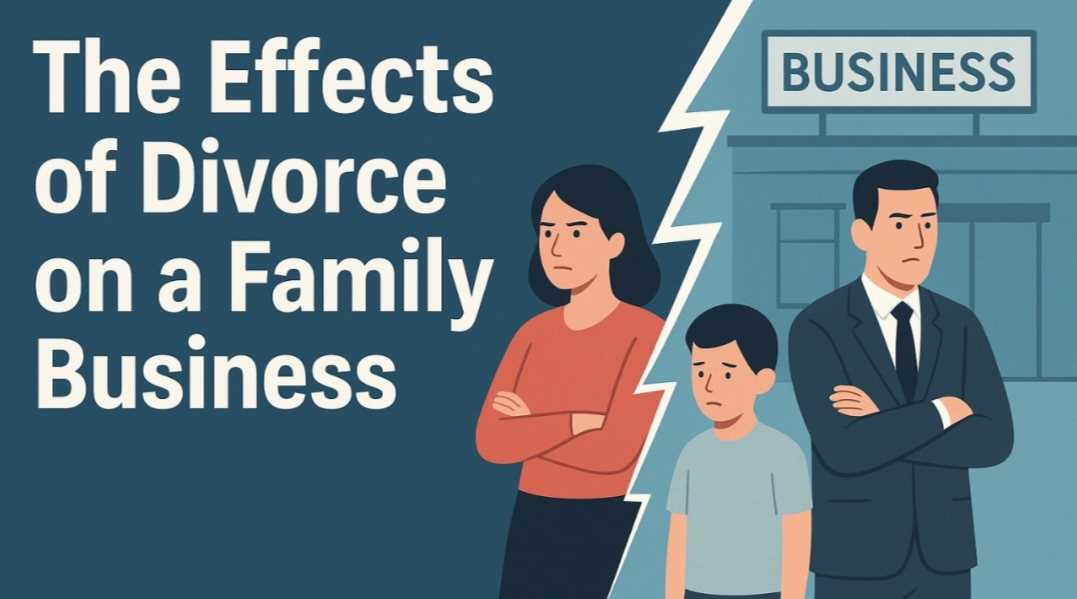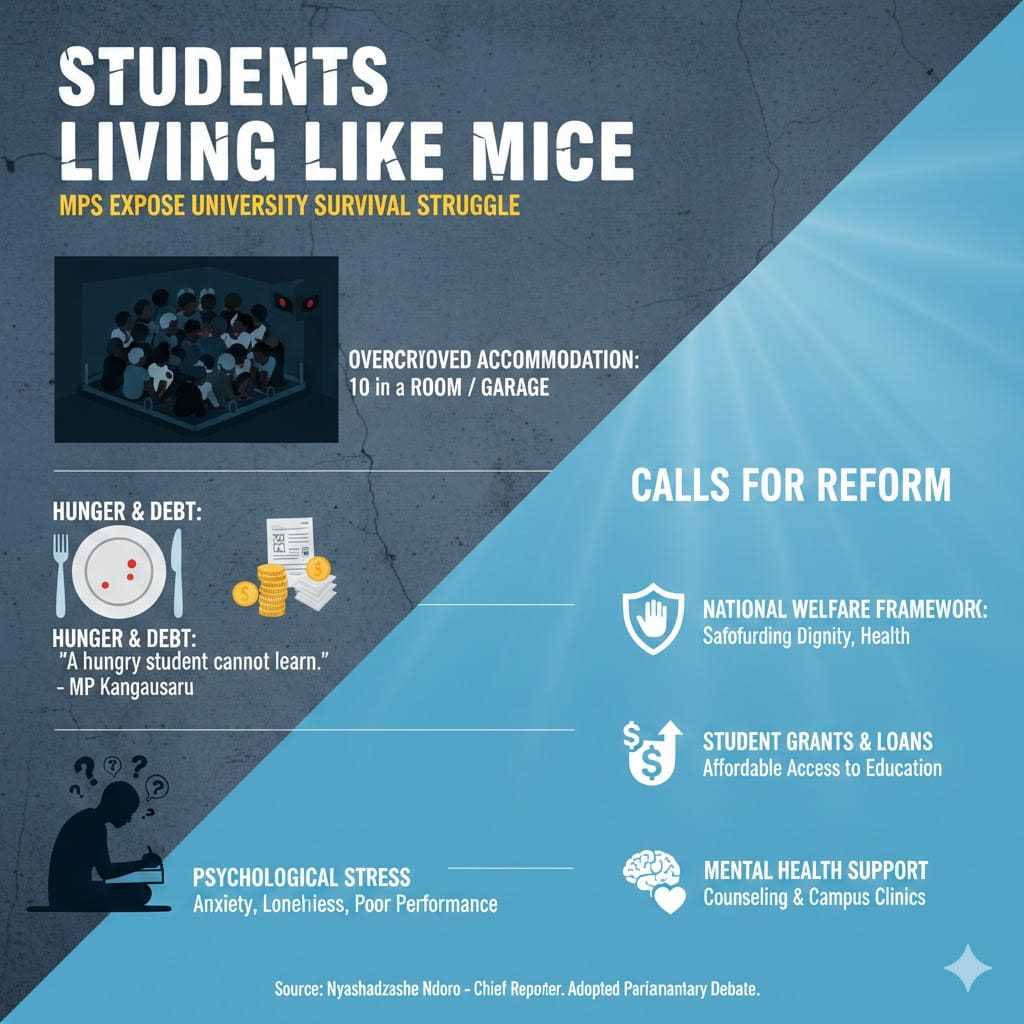
By Kelvin Sabao- Lawyer/ Conveyancer/ Certified Family Business Advisor
Divorce is not only a deeply personal and emotional process but also a disruptive event that can have far-reaching consequences for a family business.
Unlike other assets, a business is often more than just property—it represents years of hard work, family legacy, and the livelihood of both spouses and their dependents.
When a marriage breaks down, the family business often becomes a focal point of conflict, and the way it is handled can determine the survival or collapse of the enterprise.
1. Ownership and Control Disputes
One of the most immediate challenges in divorce is determining ownership. If both spouses are shareholders, directors, or partners, questions arise about who retains control. Even if only one spouse is directly involved in the business, the other may still have a legal claim to its value as part of the marital estate. This often leads to:
* Power struggles over decision-making authority.
* Dilution of ownership through forced buyouts or asset division.
* Increased risk of deadlocks in governance, especially where trust between the spouses has eroded.
2. Valuation Challenges
Placing a value on a family business is complex, particularly where the business is not listed on a stock exchange. Divorce proceedings often trigger disputes over:
* Whether to value the business at current market value or projected future earnings.
* The role of goodwill, brand reputation, and intangible assets.
* Allegations of one spouse undervaluing the business or hiding assets.
These disputes can drag on, draining both financial resources and management focus.
3. Operational Disruptions
When a divorce turns contentious, the daily running of the business may suffer. Employees, suppliers, and customers often become unsettled by uncertainty over the company’s future. Potential effects include:
* Decline in morale among staff who fear instability.
* Loss of clients or suppliers due to concerns over reliability.
* Difficulty in attracting new investors or securing financing.
The business may also become a battlefield where spouses attempt to assert control by making unilateral decisions or withholding critical information.
Related Stories
4. Confidentiality and Reputational Risks
Court proceedings often require disclosure of sensitive financial and operational details. In family businesses, where reputation is everything, this public exposure can damage the brand. Competitors may exploit perceived weaknesses, while customers may lose confidence in the company’s stability.
5. Generational Impact
Family businesses are often built with succession in mind, intended to pass on to the next generation. Divorce can jeopardize these long-term plans by:
Forcing the sale of the business to settle matrimonial property claims.
Splitting shares among family members in a way that destabilises governance.
Creating lingering family rifts that affect heirs’ willingness to work together.
6. Financial Strain
Divorce settlements may require one spouse to buy out the other’s share, sometimes through borrowing or selling assets. This financial burden can weaken the business’s ability to grow, invest, or survive economic downturns. In extreme cases, it may lead to insolvency or forced liquidation.
7. Emotional Fallout
Beyond the legal and financial aspects, divorce takes an emotional toll. For families deeply tied to their business, the company often embodies shared dreams and history. When a marriage dissolves, the emotional strain can cloud judgment, lead to irrational business decisions, and prevent amicable settlements.
Mitigating the Risks
While divorce will always be disruptive, family businesses can take proactive steps to reduce its impact:
Shareholders’ Agreements: Clearly outline rights and obligations in case of divorce.
* Trusts and Estate Planning: Shield ownership from personal disputes.
* Prenuptial and Postnuptial
* Agreements: Provide clarity on how business assets will be treated.
* Governance Structures: Strengthen boards, advisory councils, or independent management to minimise personal conflicts spilling into the business.
* Mediation and Alternative Dispute Resolution: Encourage amicable settlements that protect the business as a going concern.
Conclusion
A divorce does not have to mean the end of a family business, but without foresight and proper governance structures, it can erode value, destabilise operations, and fracture legacies built over generations.
The key lies in balancing fairness in the divorce settlement with the long-term survival of the enterprise.
By planning ahead and approaching divorce with a focus on preserving the business, families can protect both their wealth and their legacy.




















Leave Comments